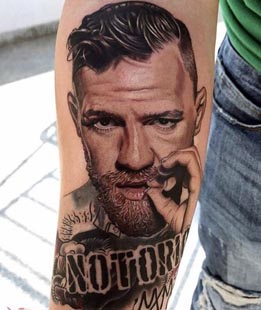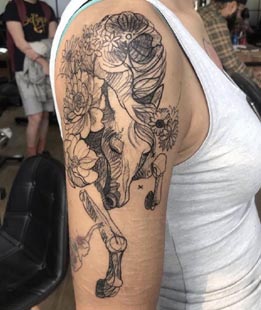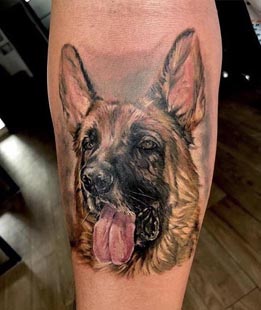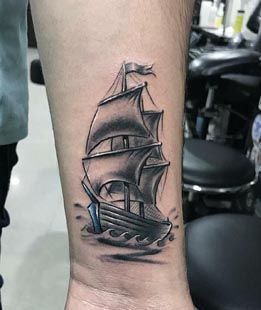Japanese Tattoo Designs Ideas for Men and Women
Japanese culture is rich, diverse, and deeply rooted in traditions that have evolved over centuries. The official language Japanese uses three writing systems: Kanji (characters borrowed from Chinese), Hiragana, and Katakana (both syllabic scripts).
The art of flower arranging (Ikebana), emphasizing harmony, balance, and simplicity. Shodo is The artistic practice of writing Japanese characters with brush and ink. Ukiyo-e is traditional woodblock prints that often depict scenes from everyday life or kabuki theater. Kimono is a traditional Japanese garment known for its intricate designs and symbolism. It is often worn on special occasions.
The two main religions in Japan, often coexisting harmoniously. Shinto is native to Japan and involves rituals and ceremonies at shrines, while Buddhism plays a significant role in shaping cultural practices.
While these are general aspects of Japanese culture, it's essential to recognize that Japan is a dynamic society where traditional values coexist with modern influences, creating a unique blend of old and new.
Japanese tattoo culture has a rich and deep history that dates back thousands of years. While tattoos have been prevalent in many cultures worldwide, Japan has a unique and distinct tradition associated with tattooing. Tattoos in Japan have a long history, with evidence suggesting their existence as far back as the Jomon period (10,000 BCE to 300 CE). However, it was during the Edo period (1603-1868) that the art of tattooing became more formalized and associated with criminality.
Irezumi is the traditional Japanese term for tattooing. The characters "入れ" (ire) mean "to insert" or "to place," and "墨" (zumi) means "ink." Irezumi is often used to refer to the traditional full-body tattoos that cover large areas of the body.
Japanese tattoos are known for their elaborate designs, often featuring traditional motifs such as dragons, koi fish, cherry blossoms, tigers, and mythical creatures like phoenixes. Each motif carries specific meanings, and the overall composition may tell a story or represent the wearer's values and experiences.
In the past, tattoos were strongly associated with the Japanese criminal underworld, particularly the Yakuza (organized crime syndicates). Full-body tattoos were a way for Yakuza members to display their commitment to the organization and symbolize their status. This association led to a negative perception of tattoos in Japanese society.
Despite the rich cultural history of tattoos, there has been a long-standing societal stigma against them. Many public baths, hot springs, gyms, and pools in Japan have historically prohibited individuals with visible tattoos from entering due to the association with the Yakuza.
In recent years, attitudes toward tattoos in Japan have been slowly evolving. Some younger generations have embraced tattoos as a form of self-expression, and tattoo artists are gaining recognition for their skill and artistry. However, the stigma still exists in certain aspects of society.
Traditional Japanese tattooing often involves the tebori technique, where the tattoo artist uses a set of hand-carved needles attached to a handle to manually insert ink into the skin. This technique requires a high level of skill and is considered more authentic in the context of Japanese tattooing.
While traditional Irezumi remains popular, contemporary tattoo styles, such as Western-influenced designs, black and gray work, and small, minimalist tattoos, are also gaining popularity among the younger generation in Japan.
Japanese tattoo designs have a rich cultural and artistic tradition, often drawing inspiration from various elements such as mythology, nature, and traditional Japanese art forms. Here are some popular themes and motifs in Japanese tattoo design:
- Koi Fish: Symbolizing strength, perseverance, and good luck, koi fish are a common motif in Japanese tattoos. The fish often swim upstream, representing overcoming obstacles.
- Cherry Blossoms (Sakura): Cherry blossoms are a symbol of beauty and the fleeting nature of life. They are often used to represent the transient and fragile aspects of existence.
- Dragons: In Japanese culture, dragons are considered benevolent creatures, and they symbolize wisdom, strength, and protection. Dragon tattoos are often elaborate and dynamic.
- Tigers: Representing strength, courage, and protection, tiger tattoos are popular in Japanese culture. They are often depicted in a fierce and dynamic manner.
- Peonies: Peonies symbolize wealth, honor, and bravery. They are often included in tattoo designs to convey prosperity and good fortune.
- Samurai: Depicting the iconic warriors of feudal Japan, samurai tattoos symbolize honor, loyalty, and the warrior spirit. Samurai armor and weapons are commonly incorporated into these designs.
- Geisha: Geisha tattoos represent the traditional female entertainers of Japan, often depicted with elaborate kimonos, fans, and other traditional elements. They can symbolize beauty, grace, and mystery.
- Fu Dog (Shishi): These mythical lion-like creatures are often used as guardians and are believed to ward off evil spirits. They are commonly depicted in pairs.
- Japanese Waves (Seigaiha): Representing the ebb and flow of life, Japanese waves are a common motif in tattoos. They can symbolize strength, resilience, and the unpredictable nature of existence.
- Hannya Mask: A traditional Japanese mask representing a jealous female demon, the Hannya mask is often used to symbolize the complexities of human emotions, including jealousy and rage.
When getting a Japanese tattoo, it's essential to understand the cultural significance of the chosen symbols and motifs.
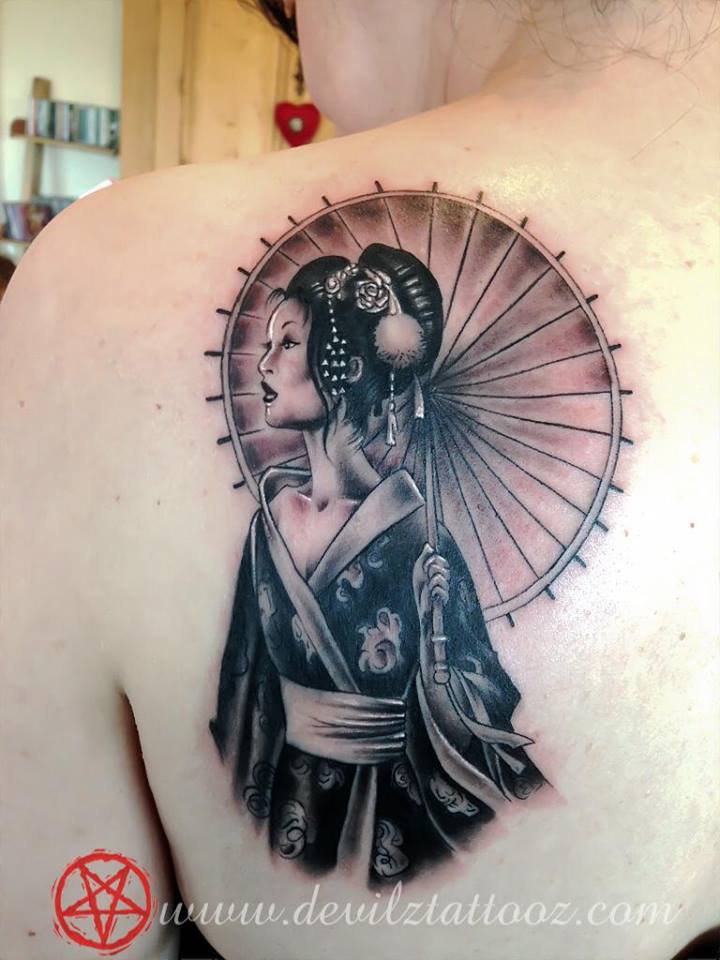
Geisha Tattoo Japanese on Back Shoulder
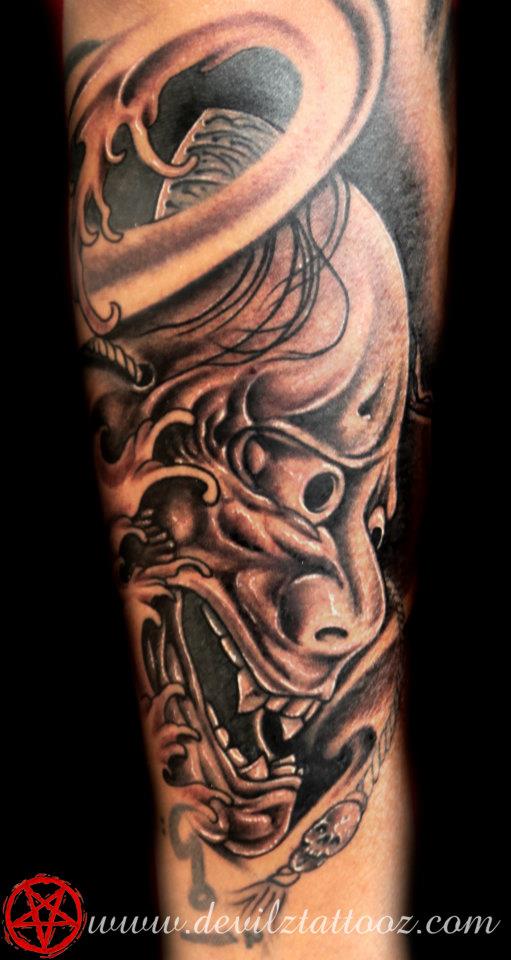
Hanya Mask Japanese Black and Grey Tattoo
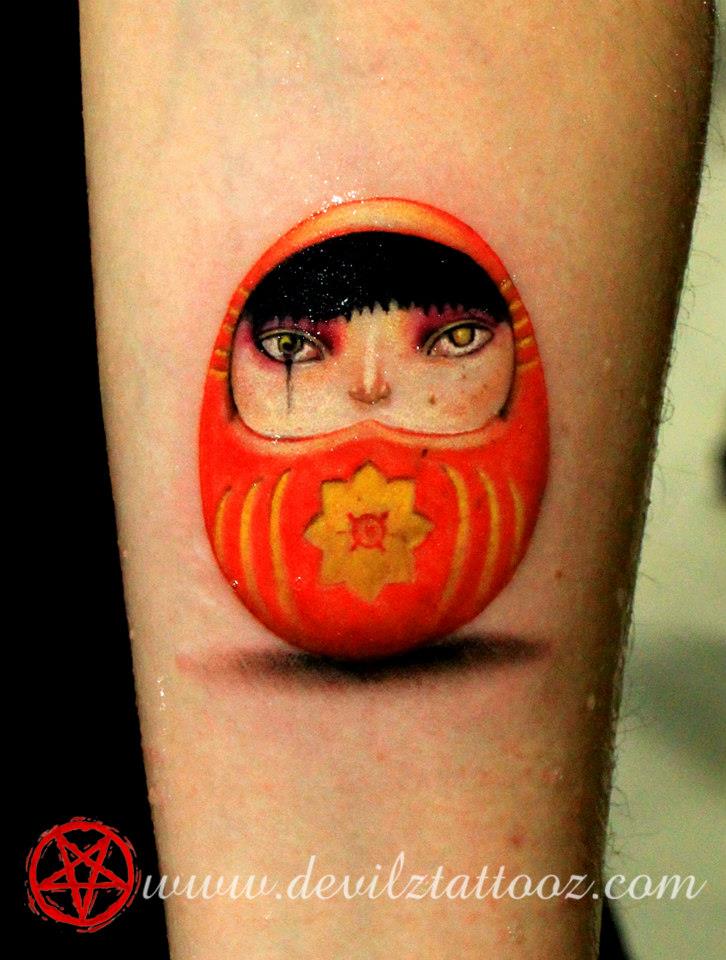
Japanese Daruma Doll Tattoo David Ho Painting
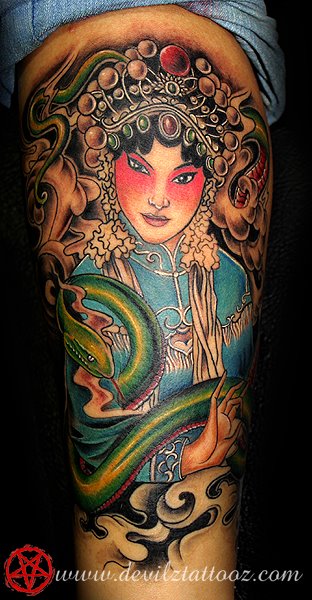
Japanese Geisha Tattoo
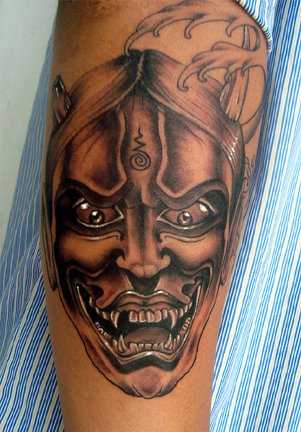
Japanese Hanya Mask Tattoo
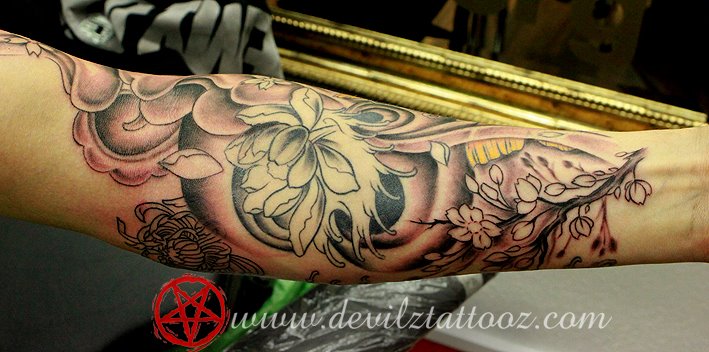
Japanese Floral Tattoo on Forearm
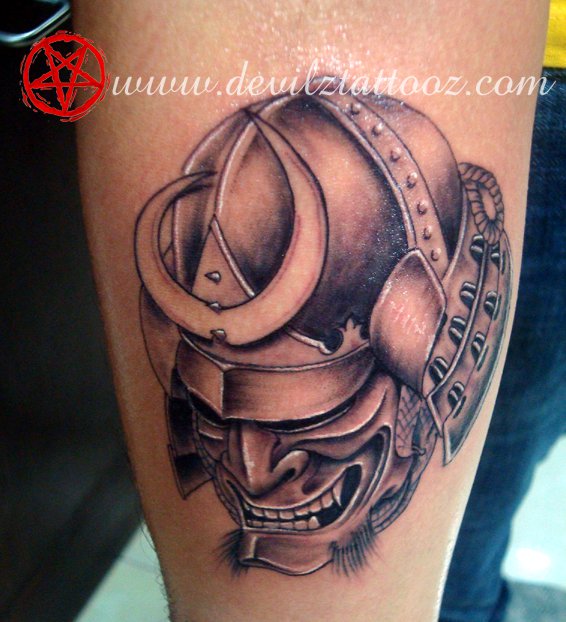
Samurai Tattoo
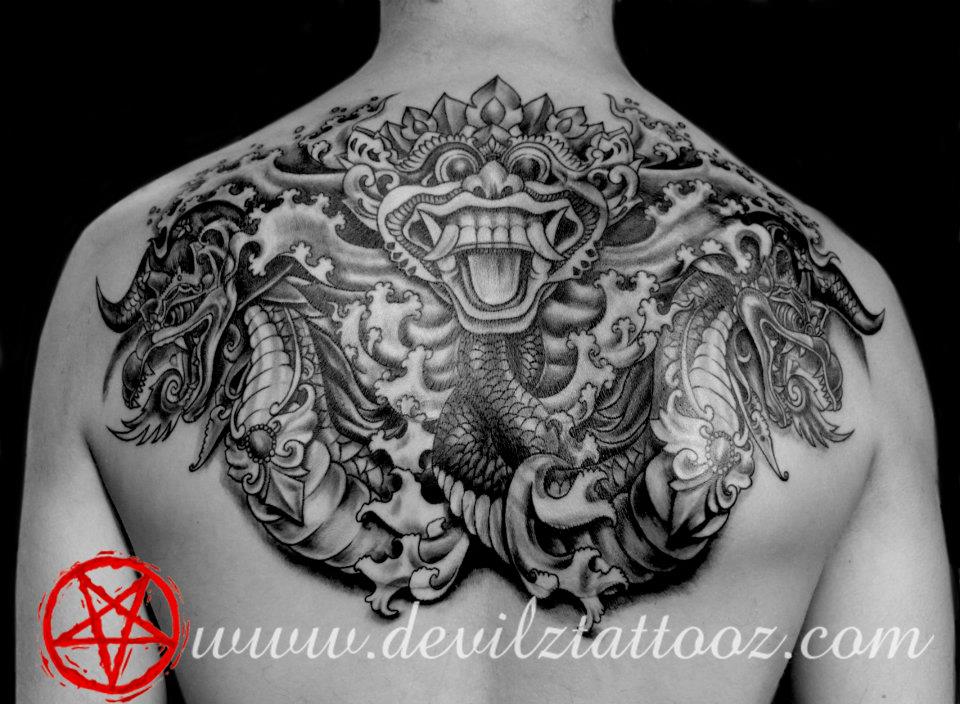
Tibet An Mask Dragons Japanese Black and Grey Tattoo
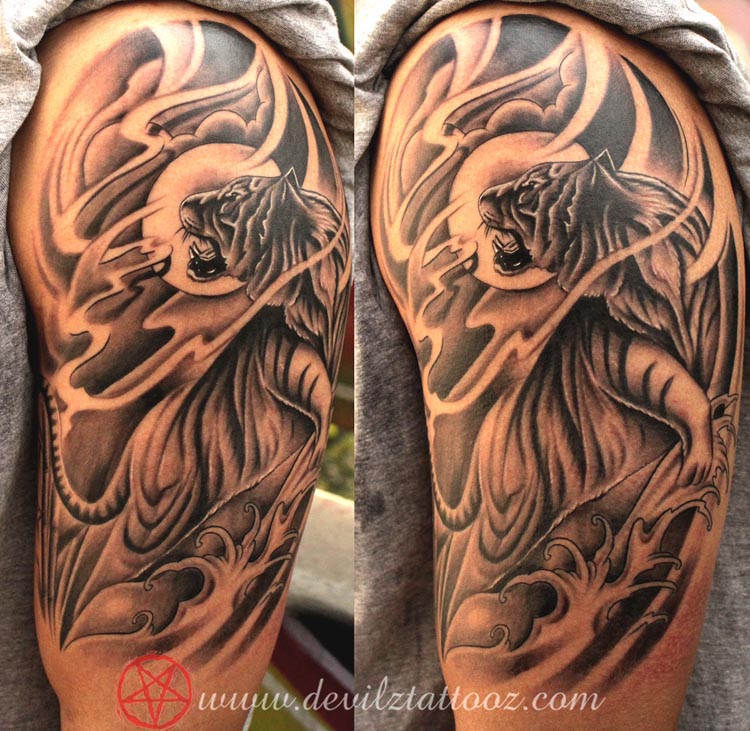
Tiger Japanese Half Sleeve Tattoo
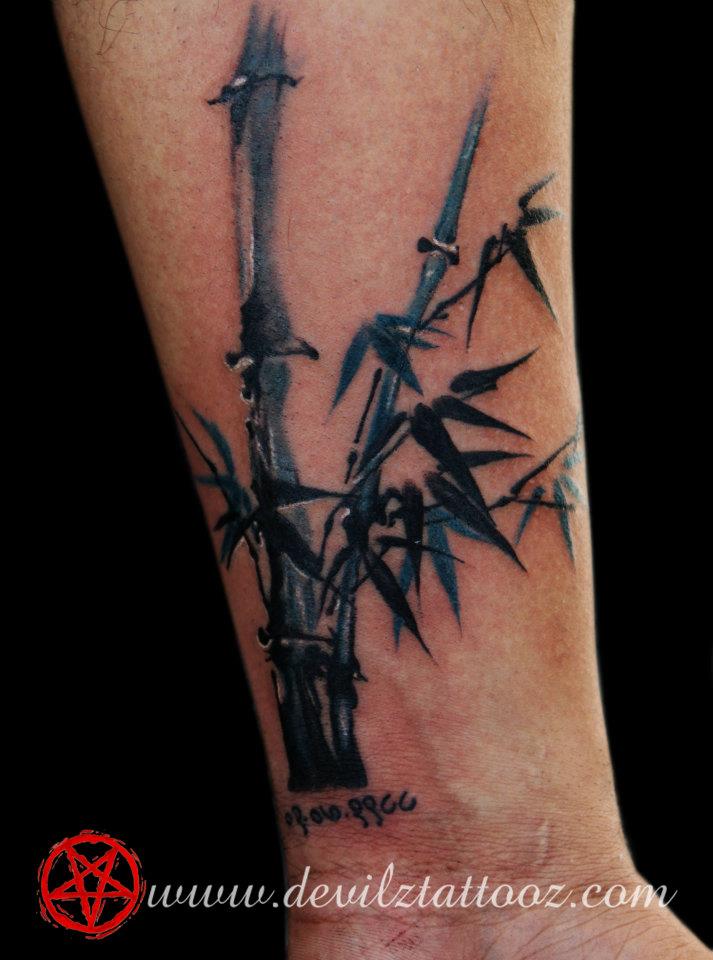
Water Color Japanese Bamboo Tattoo
Estimate for Japanese Tattoo Cost from Artists @ Devilz Tattooz Studio Delhi India
What is Japanese tattoo price range in Delhi India?
The cost of getting a tattoo can vary widely and depends on several factors. Some of the key factors that influence the price range of getting a tattoo are size & complexity, design & detail, artist experience & reputation, tattoo studio location, session time and tattoo shop policies.
It's essential to discuss these factors with your chosen tattoo artist at Devilz Tattoo Studios Delhi, India and get a price estimate before getting started. Remember that quality should be a priority over cost when it comes to something as permanent as a tattoo. Always choose a reputable and professional tattoo artist and studio.
